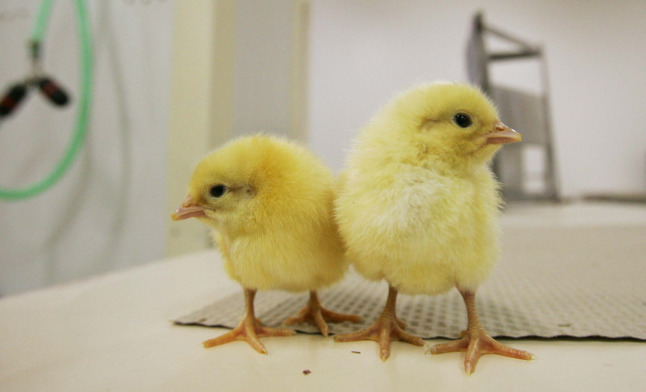Millions of male chicks are killed after hatching every year, most often by being shredded or gassed with carbon dioxide, because they do not produce eggs and do not grow as large as females.
Farmers say no practical and affordable ways exist to tell a chick’s sex in the egg at mass production facilities, and an EU directive from 2009 authorises shredding as long as it causes “immediate” death for chicks less than 72 hours old.
But opponents denounce unnecessary cruelty and point to improving techniques for finding males before they hatch.
“As of January 1, 2022, all poultry hatcheries will have to have installed or ordered machines letting them learn a chick’s sex in the egg,” Denormandie told the daily Le Parisien.
“2022 will be the year when shredding and gassing of male chicks ends in France,” he said, saying the law would prevent the killing of 50 million male chicks every year.
The state will provide a financial aid package of €10 million to help farmers buy the necessary equipment, he added.
The move comes after Germany said in January that it would also ban the controversial practice next year.
Switzerland banned the shredding of live chicks last year, but still allows them to be gassed.



 Please whitelist us to continue reading.
Please whitelist us to continue reading.
Member comments